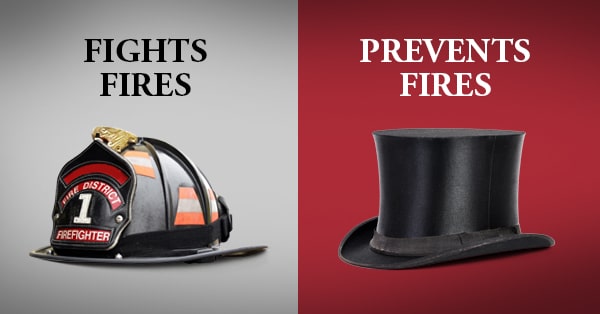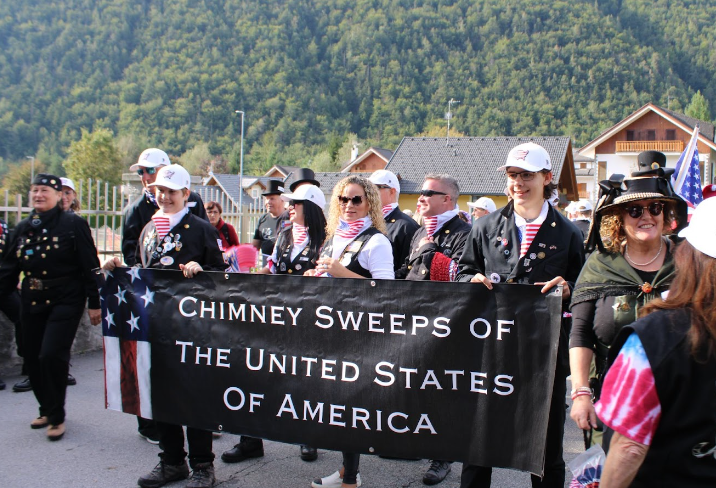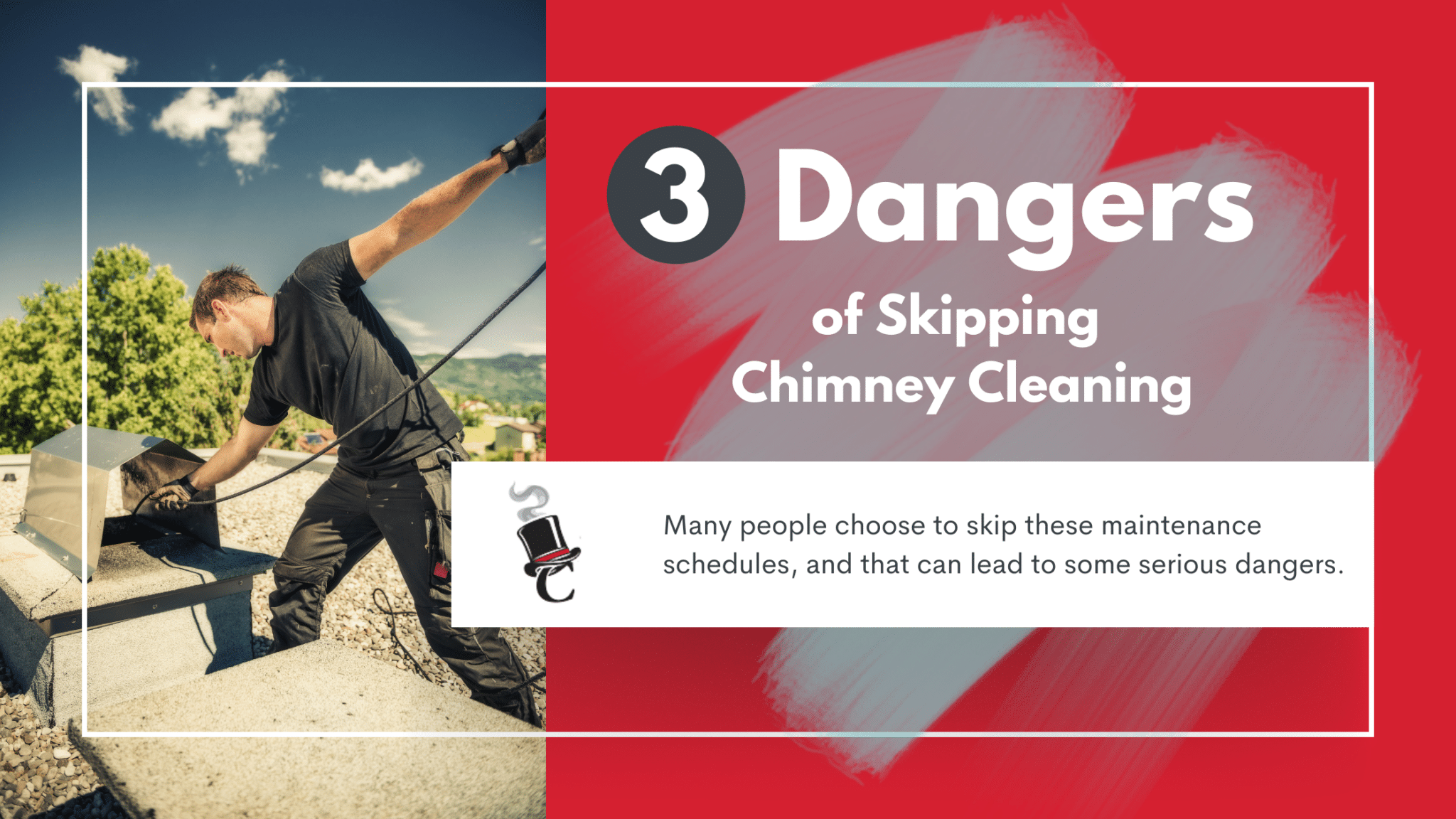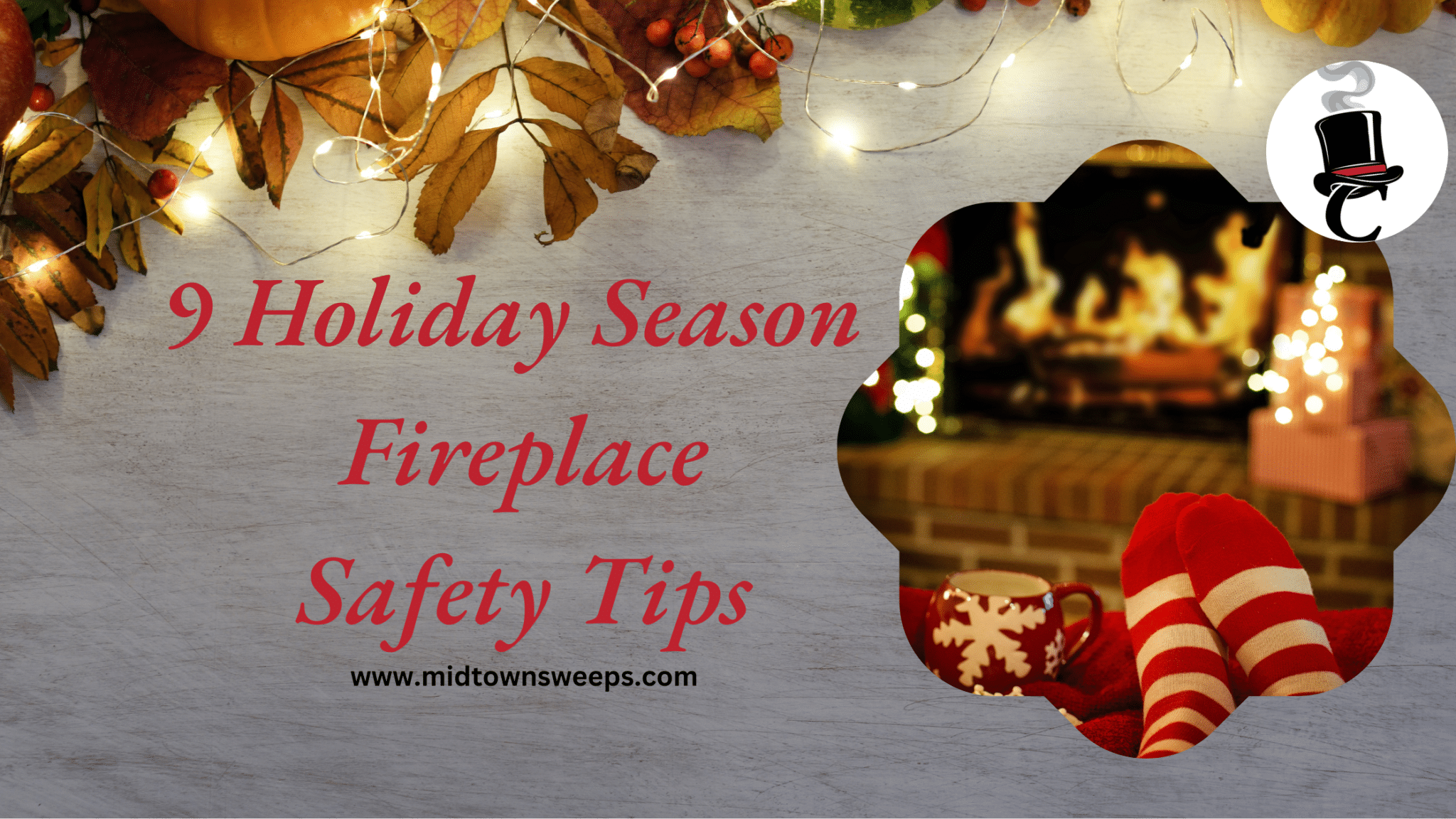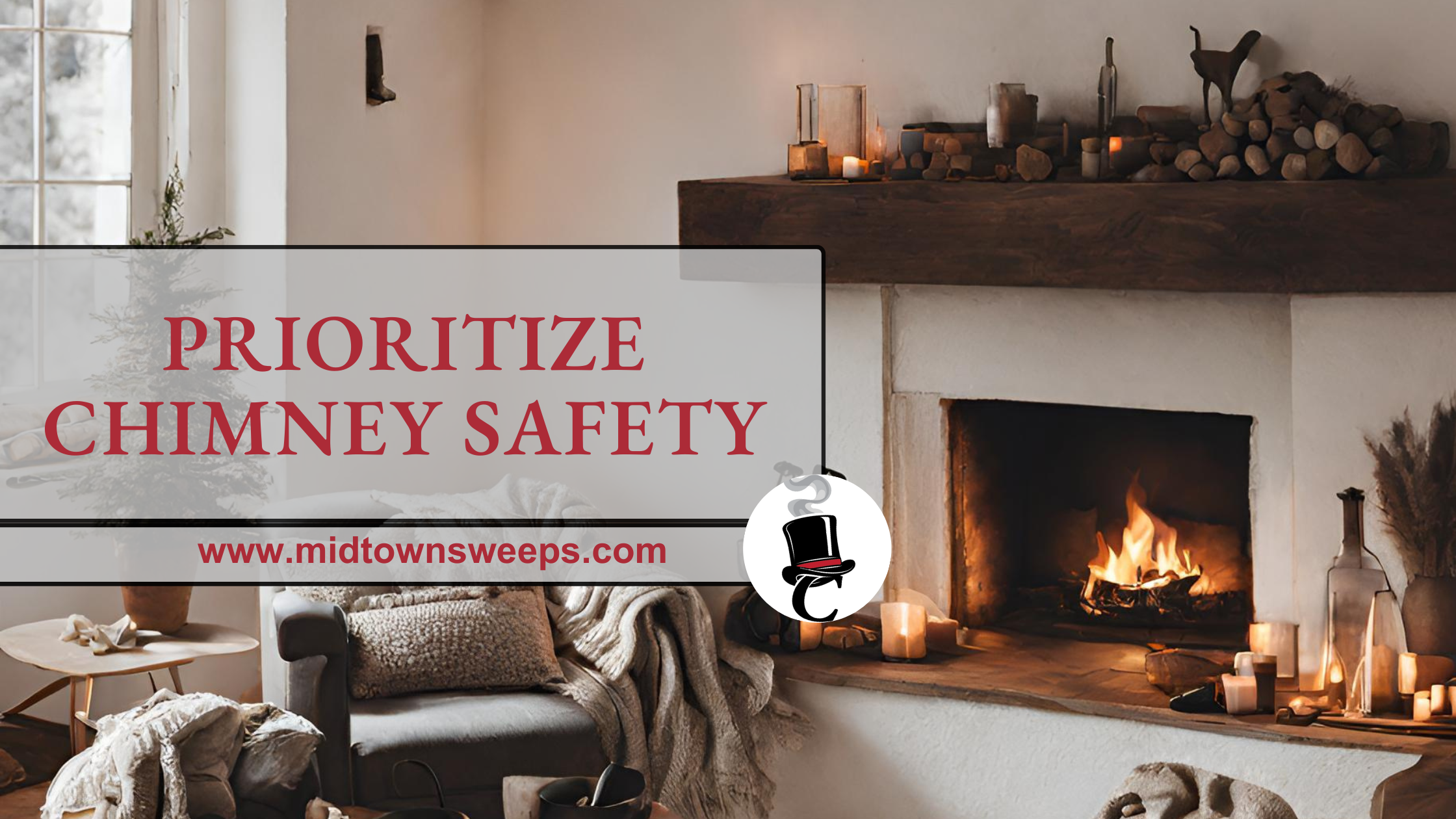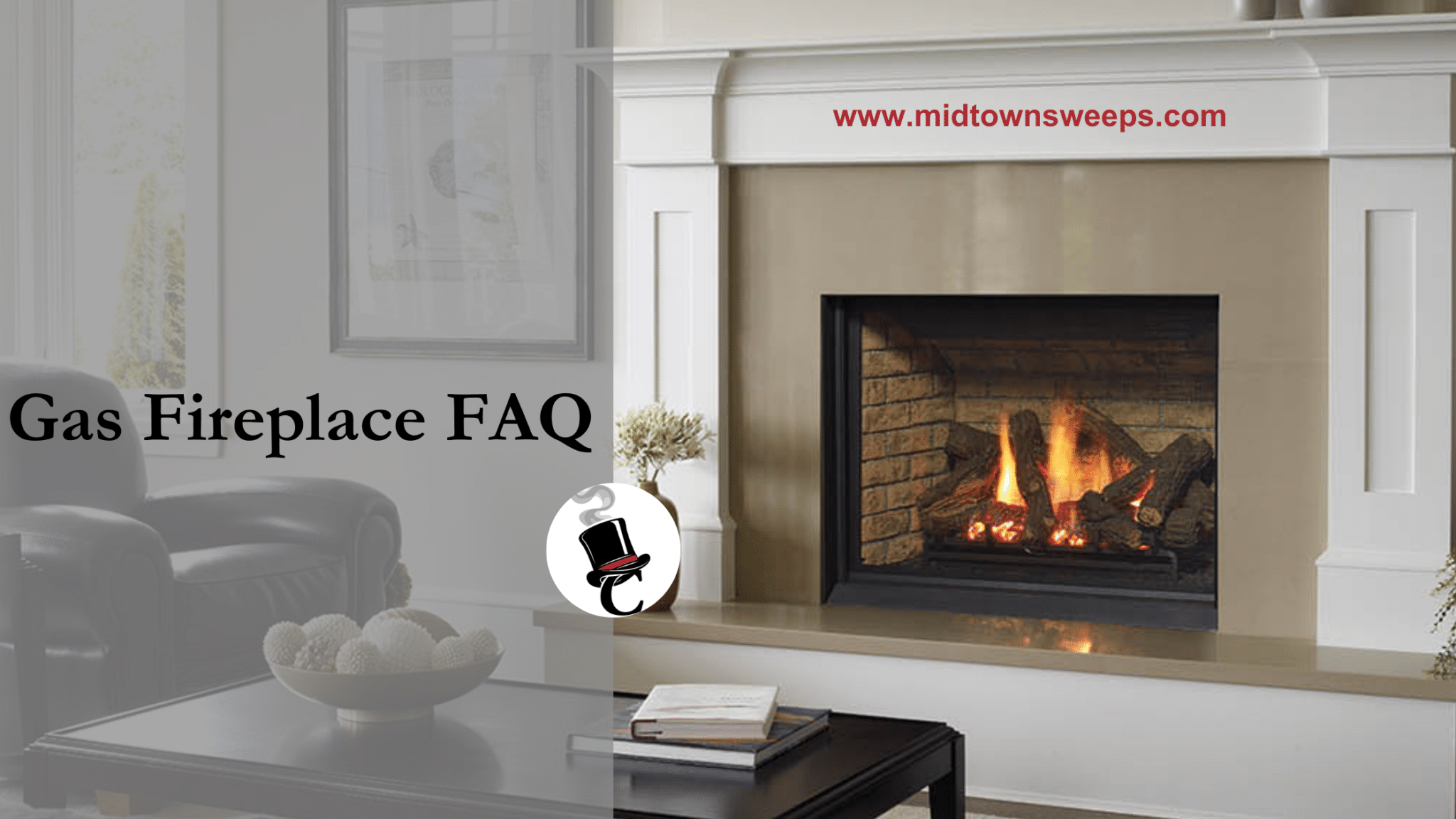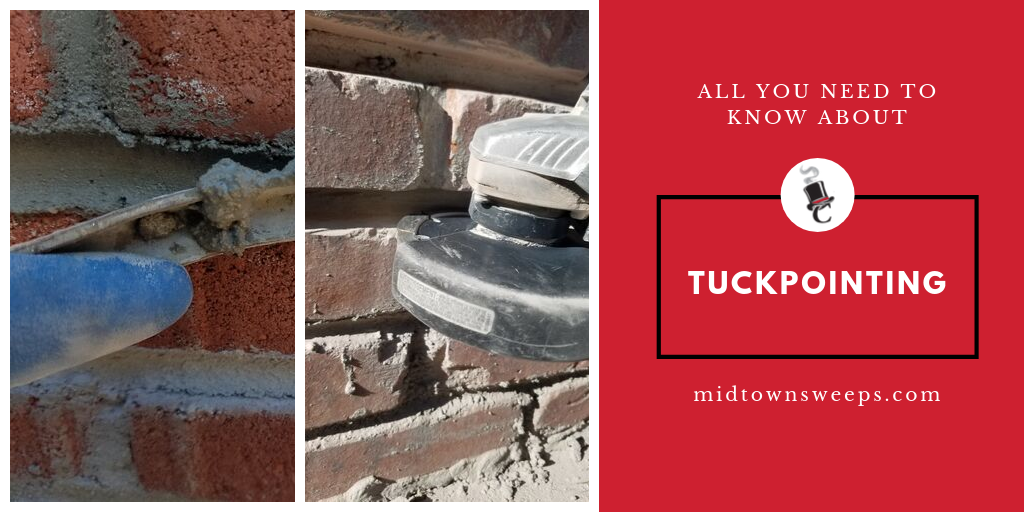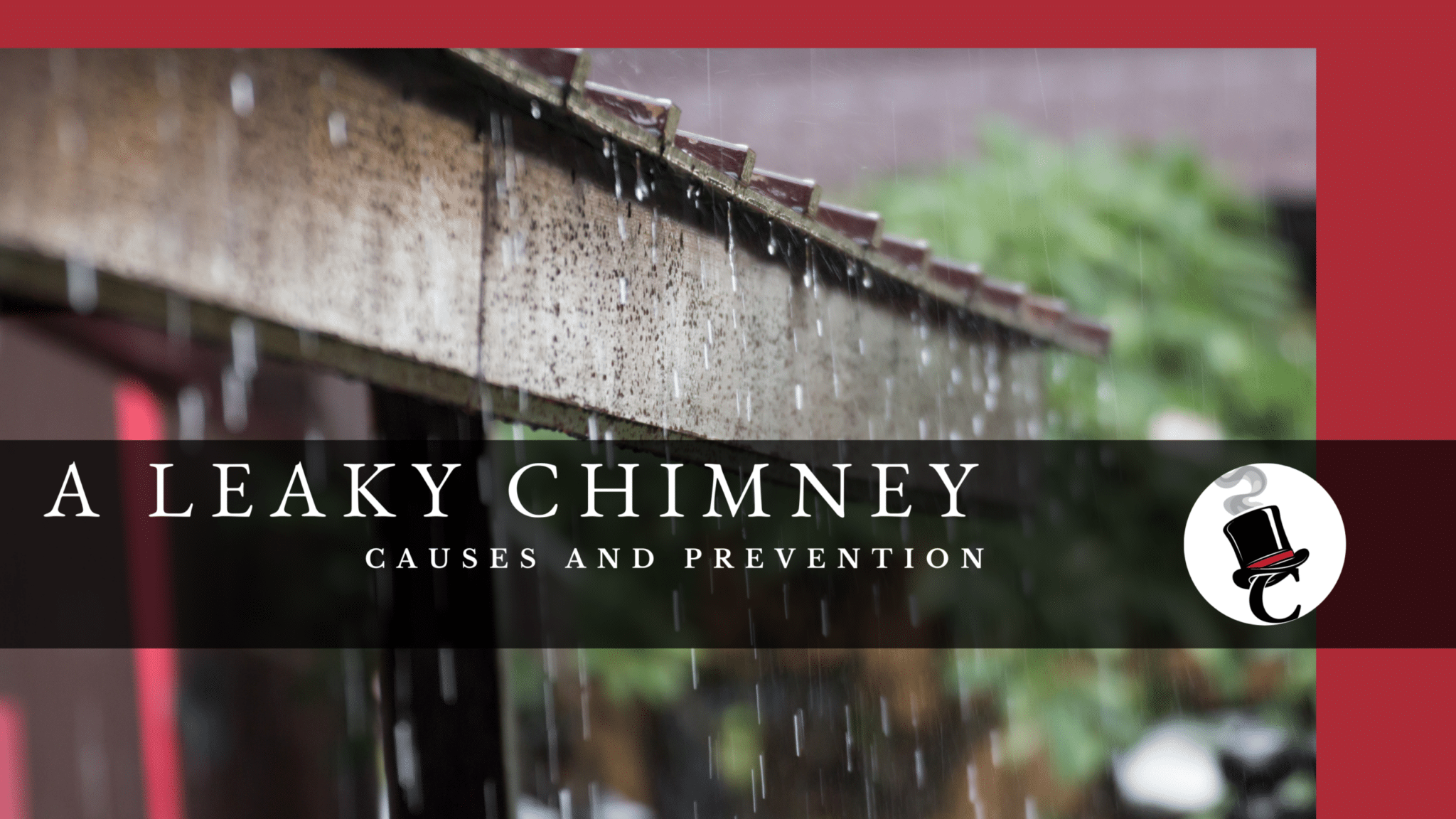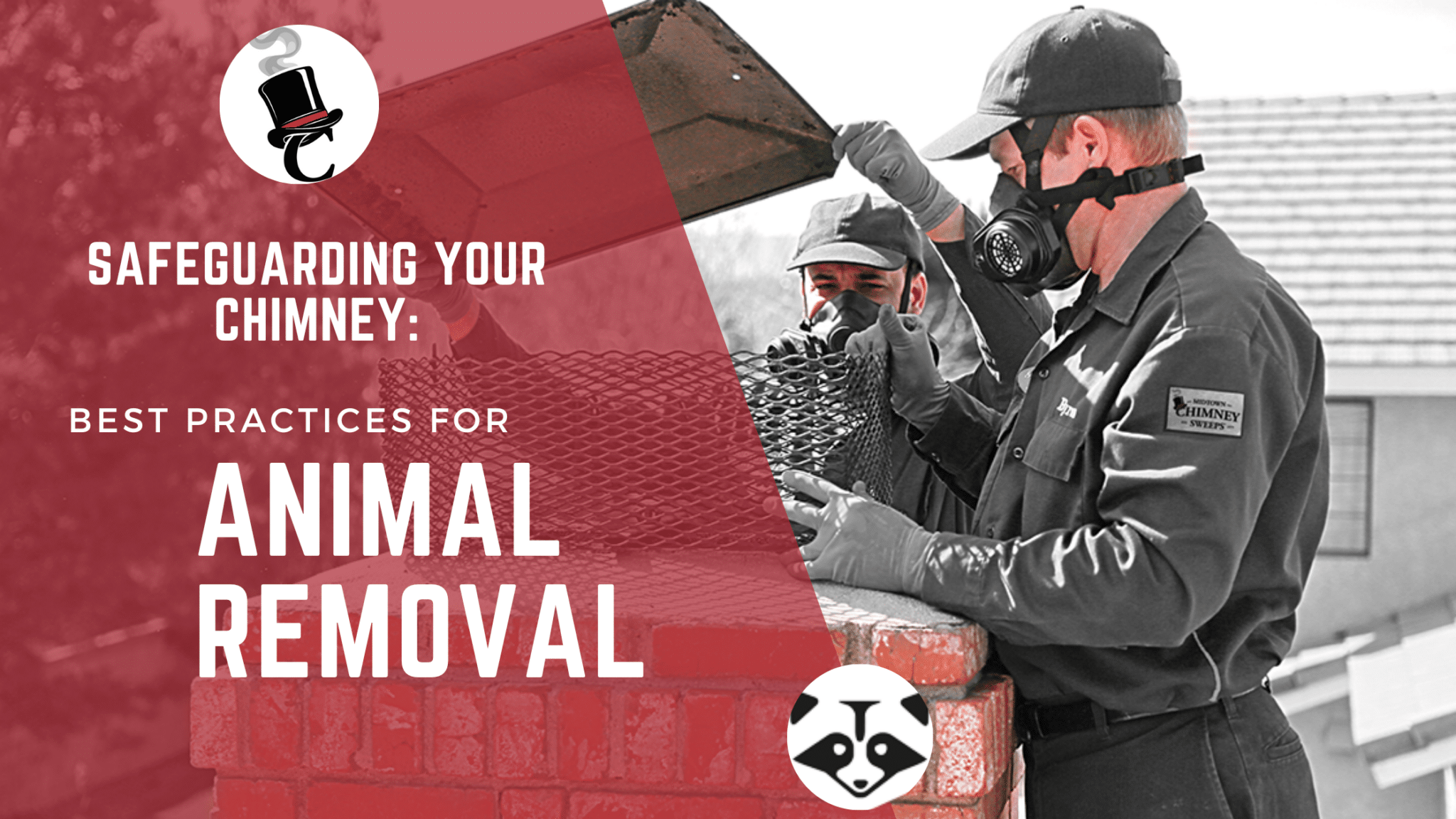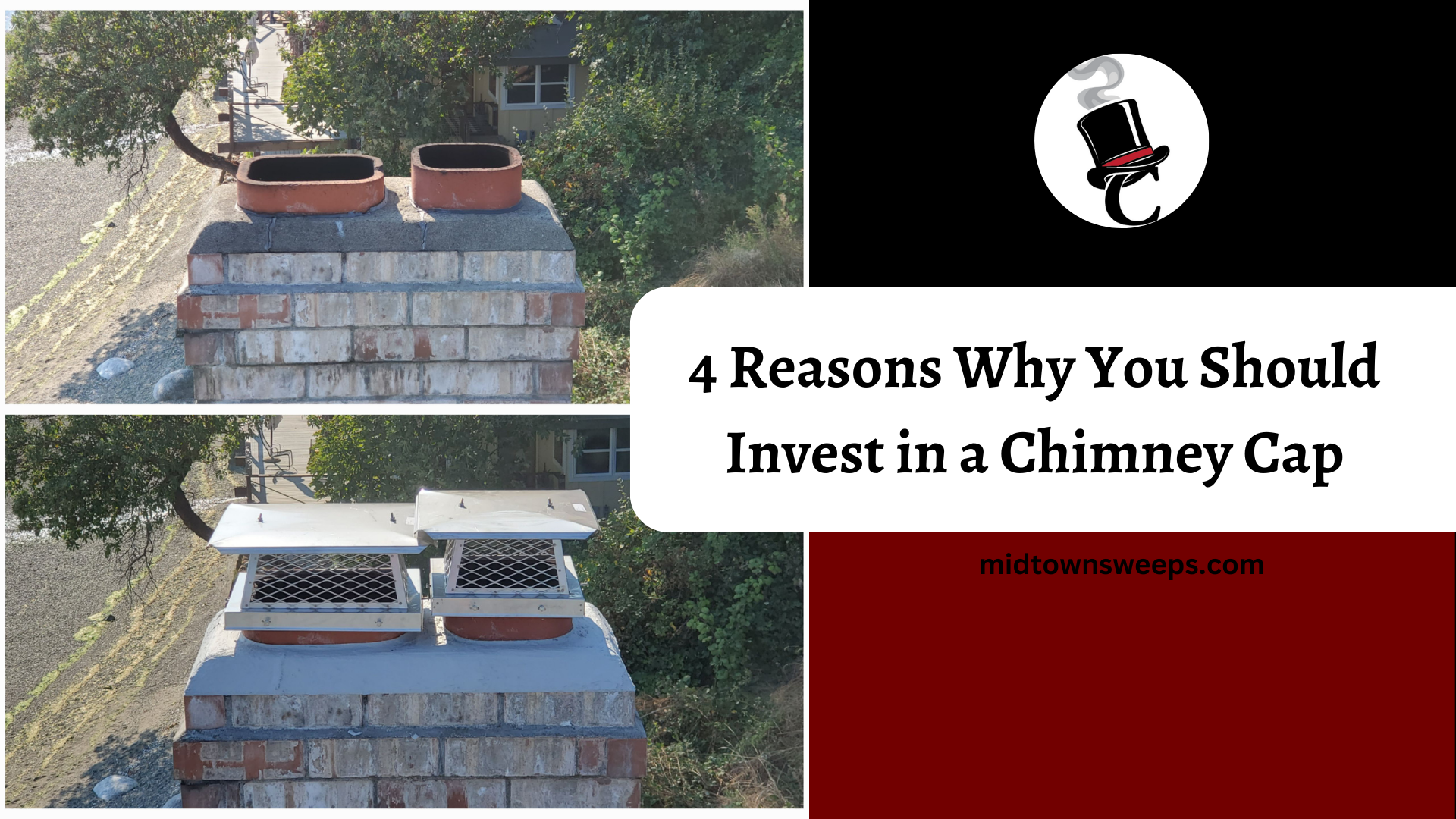Chimney fires are common in the United States, especially during winter. This season is always cold, and everyone strives to keep warm. Most people always resort to fireplaces to save on electricity bills. But unfortunately, they may not realize the damage the fireplaces can cost them if proper measures are not implemented.
That is not to say that fireplaces are bad. On the contrary, they are actually safe heating sources if homeowners maintain them properly to prevent chimney fires. This makes it crucial for every owner to understand chimney fire tips to stay safe.
A chimney fire can be traumatic as it can spread widely and lead to a home burning. A report indicates that more than 25,000 chimney fires are incurring over $125 million in property damage annually in the United States. However, you can avoid this by observing the following tips:
Yearly Chimney Inspection
Experts from the National Fire Prevention Association (NFPA) and the Chimney Safety Institute of America (CSIA) recommend that you have a professional inspect, repair, and clean your chimney at least once a year to prevent chimney fires.
It is advisable to have a chimney sweep certified by the Chimney Safety Institute of America to help you with your chimney.
Watch out for soot build-up
Soot is a flammable material and can cause fire eruption in your chimney. So, while cleaning, the expert will remove the accumulated soot from the smoke chamber, flue interior, smoke shelf, and firebox to prevent a possible fire.
Check creosote Accumulation in the Chimney
Creosote is equally a highly flammable material. Therefore, ensure no creosote exists in the smoke chamber, flue interior, smoke shelf, or firebox.
Clean Your Fireplace Interior
Always be sure to clean the interior of your fireplace regularly. Sweep the cold ashes, and keep the floor clean as well.
Install a Stainless-Steel Liner
Most experts recommend stainless-steel liners because they can withstand high temperatures and contain ashes properly. In addition, the liners are crucial in ensuring the carbon monoxide gas doesn’t leak into your house through the crack in the brick or mortar of the chimney. The stainless-steel liners also last longer.
Install a Chimney Cap
A chimney cap is essential in controlling sparks that would cause a fire. It prevents the entry of flammable materials into the chimney. In addition, it prevents ambers from rising out of the chimney onto the roof, which reduces the possibility of a roof fire.
Install Heat-proof Glass Doors
Heat-proof glass doors offer adequate protection against heat loss. It also directs heat into the room to keep it warm as you would like it to be. The heat-proof glass door might be a bit expensive, but they are worth the intended goal.
Know The Wood You are Burning
Experts recommend hardwoods like oak, maple, ash, or birch. They are suitable because they burn hot and long. As a result, you will save wood and money due to the fewer times you need to feed the fire.
Hardwoods also leave less creosote build-up, have less pitched and sap, and are cleaner to handle. However, they might also be a bit more expensive than other types of wood.
Watch out for the Signs
The signs will help notice any abnormalities and prevent them before it gets worse. Some of the signs you should watch out for include:
- Aloud cracking or roaring noise from the chimney flue,
- Thick smoke coming into the fireplace or home, and
- A strong hot smell from the chimney.
Act Immediately Once You Notice the Signs of Chimney Fire
Once you notice the signs, including smoke leaking into your house, stop burning the fire and call an expert to inspect your chimney.
Bottom Line
Chimney fires can be disastrous and lead to the burning of the whole home, especially if you don’t maintain your chimney properly. So, as a homeowner, you should strive to learn and know the signs of chimney fires and the essential tips you can practice to prevent possible damage from the fires. Also, consult professionals for more information about chimney operations and maintenance.

